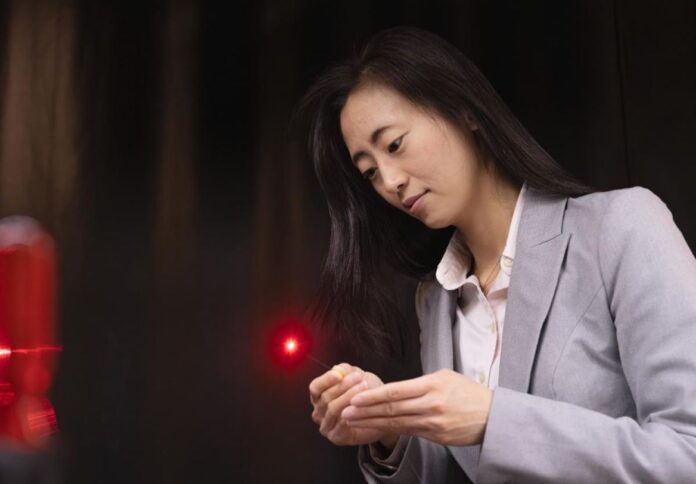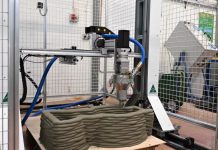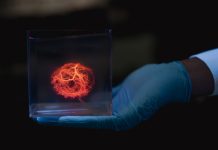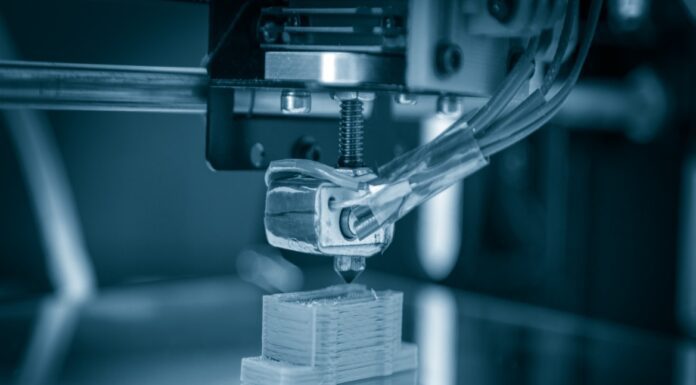
Dr Jiawen Li, a biomedical engineer from the University of Adelaide who developed a 3D-printed ultrathin endoscope, was named in the MIT Technology Review 2023 global list of Innovators Under 35.
Li, who is the only Australian on the list, is recognised for her work in engineering the device intended to help cardiologists identify which patients may be at greatest risk of heart attack.
The device is designed to probe inside a blood vessel and generate high-quality images of the plaques that build up over a lifetime.
The technology currently used by physicians today is not accurate enough to reliably predict which plagues are likely to cause medical issues, which can result in overtreatment or, in some cases, death.
To create the device, Li combined two light-based imaging techniques into a single lens no bigger than a grain of salt. The lens provides high-resolution snapshots of a plaque’s structure, as well as molecular clues about the likelihood of rupture.
She collaborated with researchers in Germany and developed a way to print the lens onto an optical fibre as thin as human hair, which can be fed through arteries and towards the heart.
The team has successfully tested the device in preclinical studies and is now working to begin clinical trials in humans.
The endoscope could eventually help physicians detect cancer in hard-to-image areas, including the bile duct and lungs.
“Dr Li and her team integrate optical coherence tomography, 3D nano/micro-manufacturing, and fibre technologies to build medical imaging systems that will enable accurate identifications of plaques with the greatest rupture risk,” said Professor Nelson Tansu, head of the School of Electrical and Mechanical Engineering at the University of Adelaide.
“Biomedical engineering innovation is helping to create a healthier, better, and safer world, and it is a discipline that we are rapidly growing at the University of Adelaide,” Tansu added.
Li is one of nine innovators within the biotechnology sector included in the list.
The list seeks to recognise individuals driving the next wave of innovation and showcase how their work will impact the technology of the near future. Other global innovators named in the list work in various fields, including robotics, computing, climate and energy, and artificial intelligence.
More information about the Innovators Under 35 list by MIT Technology Review can be found at technologyreview.com.




















